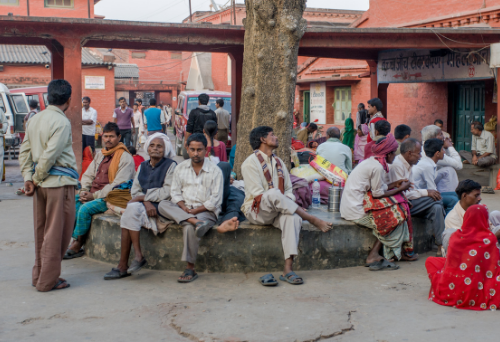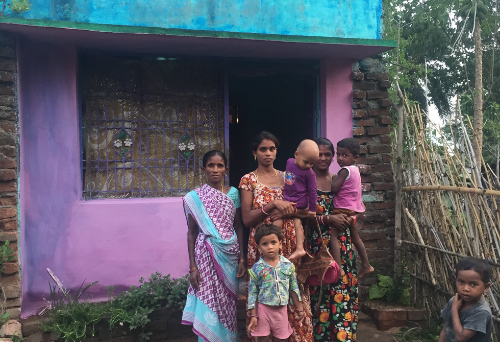Saving lives and accelerating innovation?
Antecedents and implications of the Expanded Access Programme in the pharmaceutical industry The lack of access to drugs that treat deadly diseases is a massive global health challenge, especially in developing countries. In 2016, of nearly 37 million people living with HIV, one million died due to a lack of effective drugs and therapies. This…










